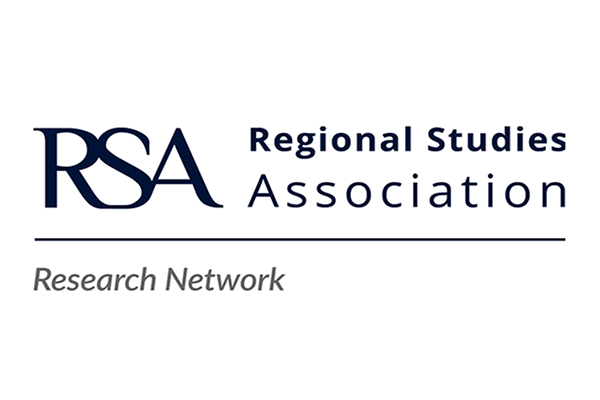European-based Research Network on Migration, Inter-Connectivity and Regional Development (MICaRD)
European-based Research Network on Migration, Inter-Connectivity and Regional Development (MICaRD)

Established in 2015, this research network brings together scholars, policymakers and practitioners across Europe and beyond to provide a forum for debating current and emerging issues on European economic migration as well as fostering collaboration and expanding research opportunities. Main organisers of this research network are:
- Dr. Agnieszka Rydzik, Lincoln International Business School, University of Lincoln (UK)
- Dr. Gary Bosworth, School of Geography, University of Lincoln (UK)
- Dr. Adam Płoszaj, Centre for European Regional and Local Studies EUROREG, University of Warsaw (Poland)
- Prof. Alessandra Faggian, Gran Sasso Science Institute (Italy)
In its first phase (2015-2018), the MICaRD network focussed on labour mobility within the EU and the impact on regional development in rural areas of both sending and receiving nations. The network events in Belfast, Belgrade, Warsaw and Lincoln provided a forum for debating a wide range of issues, aiming to build bridges across the disconnected geographies of migration research. A wide range of topics, theories and methodologies were covered, including integration, belonging and community cohesion; the challenges of doing research on migration in rural areas; mobility, spatiality and place; urban versus rural migration; depopulation, circular and temporary migration; gendered experiences of migration; entrepreneurial activities of migrant communities; and migration policy.
In its second phase (2019-2022), MICaRD aims to build on past achievements by consolidating and strengthening existing collaborations as well as forging new ties. The overarching theme of the second phase is ‘Community wellbeing and social inclusion in the context of migration and mobility’. This will underpin network activities in phase two.
Adopting an inter-disciplinary approach, this theme will be explored from a variety of perspectives: ranging from the level of individuals in the community and their wellbeing (How various aspects of community impact on the wellbeing of individuals?); the level of the wellbeing of the community as a whole (e.g. relationships, mobilities and interdependencies), as well as the context of policies and power within which communities prosper; and places where these dynamic and complex relationships take place. Of particular interest is the rural context. All these will be examined through a range of lens including social, political, economic and cultural; adopting global as well as local viewpoints, and discussing global issues from a local perspective.
MICaRD events:
- SPECIAL SESSION: 2019 Student and Early Career Conference, Lincoln, UK. Call for Abstracts is available here.
- EVENT 1 (Winter 2020): ‘International and Internal Migration: Challenges and Opportunities in Europe’ (Gran Sasso Science Institute, Italy)
- EVENT 2 (Summer 2020): ‘Towards inclusive communities: community well-being, social cohesion and migration’ (University of Lincoln in collaboration with Lincolnshire Community and Voluntary Service and Boston Borough Council, UK)
- EVENT 3 (Spring 2021): ‘Knowledge circulation, highly-skilled migrants, local communities and regional development’ (Centre for European Regional and Local Studies EUROREG, University of Warsaw, Poland).
- EVENT 4 (Summer 2021): ‘Social service responses to migration’ (University of Lincoln in collaboration with Democritus University of Thrace, Greece)
If you would like more information and/or join the MICaRD network, contact Dr. Agnieszka Rydzik (arydzik@lincoln.ac.uk)
